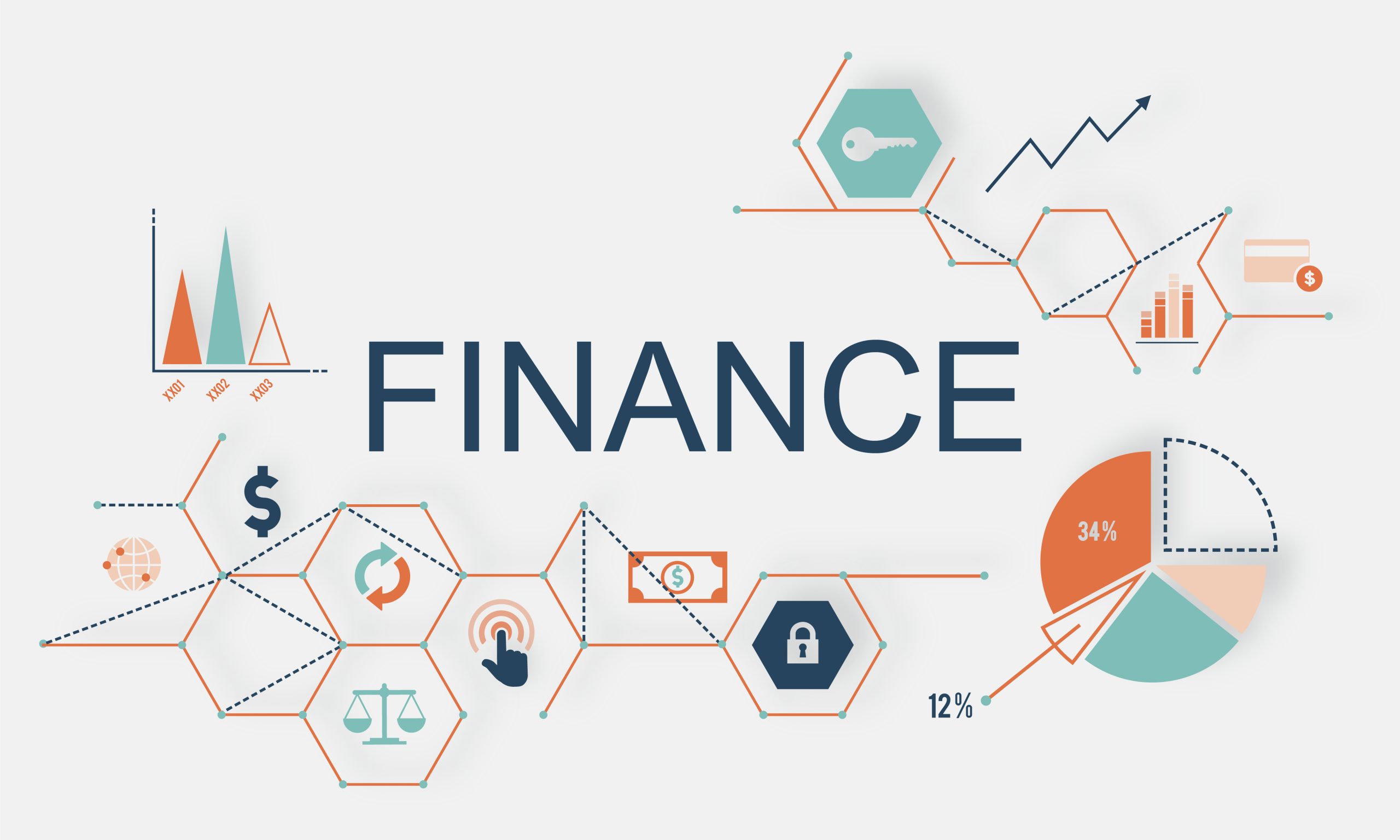Finance is a broad field encompassing various activities related to managing money, investments, and financial institutions. Understanding the essential types of finance can help individuals and organizations make informed decisions about saving, investing, and spending. Here are five essential types of finance explained:
1. Personal Finance
Personal finance involves managing an individual’s or household’s financial activities, including income, expenses, savings, investments, and debt management. Key areas of personal finance include:
Budgeting: Creating a plan for how to spend and save money based on income and expenses.
Savings: Setting aside money for future needs, emergencies, or large purchases.
Investing: Allocating money into assets like stocks, bonds, real estate, or mutual funds to grow wealth over time.
Debt Management: Handling loans and credit, including mortgages, credit cards, and student loans, in a way that minimizes interest and maximizes financial health.
Retirement Planning: Preparing for financial security in retirement through savings accounts, pension plans, and other investment vehicles.
2. Corporate Finance
Corporate finance deals with the financial activities of businesses, focusing on maximizing shareholder value through long-term and short-term financial planning and strategy. Key components include:
Capital Budgeting: Evaluating and selecting long-term investments that are worth pursuing.
Capital Structure: Determining the best mix of debt, equity, and internal financing to fund the company’s operations and growth.
Working Capital Management: Ensuring the company has sufficient liquidity to meet its short-term obligations and operate efficiently.
Financial Analysis: Assessing the company’s financial statements to make informed business decisions.
3. Public Finance
Public finance involves the management of a country’s revenue, expenditures, and debt load through various government and quasi-government institutions. It focuses on:
Taxation: Collecting revenue through taxes to fund public services and infrastructure.
Government Spending: Allocating financial resources to different sectors like healthcare, education, and defense.
Budgeting: Planning and controlling government income and expenditure.
Public Debt Management: Managing government borrowing and debt repayment to ensure financial stability.
4. International Finance
International finance deals with financial transactions that cross international borders, influenced by global economic dynamics and foreign exchange rates. Key aspects include:
Foreign Exchange: Managing currency risk and transactions in different currencies.
International Trade Finance: Facilitating and funding international trade through mechanisms like letters of credit and trade credit.
Foreign Direct Investment (FDI): Investing in businesses or assets in foreign countries.
Global Financial Markets: Understanding the operation and regulation of financial markets around the world.
5. Behavioral Finance
Behavioral finance studies the psychological influences and biases that affect the financial behaviors of investors and financial practitioners. It combines psychology and economics to explain why people might make irrational financial decisions. Key areas of focus include:
Heuristics: Rules of thumb or mental shortcuts that people use to make financial decisions.
Overconfidence: Overestimating one’s knowledge or ability to predict financial outcomes.
Market Psychology: The impact of investor sentiment on market movements and trends.
Behavioral Biases: Systematic errors in judgment or decision-making, such as herd behavior, loss aversion, and anchoring.
Understanding these five essential types of finance can provide a comprehensive foundation for navigating the complex world of financial management, whether on a personal, corporate, public, international, or psychological level.









